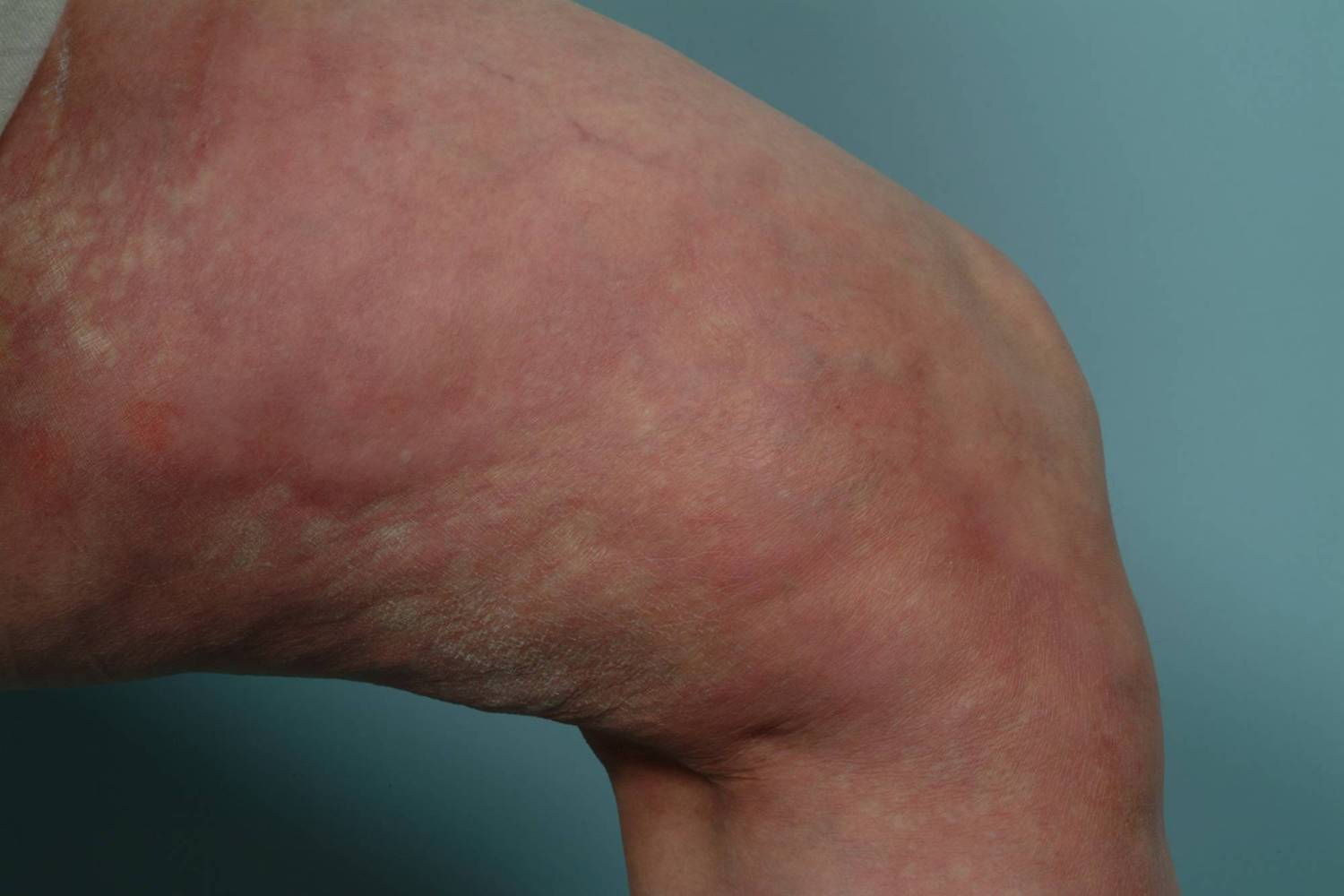
Myalgia eosinophilia associated with tryptophan is a rare condition that emerged in the late 1980s. Linked to contaminated tryptophan supplements, this disorder caused severe muscle pain, skin changes, and high levels of eosinophils in the blood. Tryptophan, an essential amino acid found in many foods, is crucial for producing serotonin, a neurotransmitter that regulates mood. However, when certain batches of tryptophan supplements were contaminated, they triggered this painful and sometimes fatal condition. Understanding the history, symptoms, and impact of this disorder can help prevent future outbreaks and ensure safer supplement use. Here are 25 facts to shed light on this intriguing medical mystery.
Key Takeaways:
- Myalgia Eosinophilia Associated With Tryptophan is a rare condition causing severe muscle pain and skin changes, linked to contaminated tryptophan supplements in the late 1980s.
- The outbreak affected over 1,500 people in the U.S., leading to a recall of tryptophan supplements and a decrease in new cases.
What is Myalgia Eosinophilia Associated With Tryptophan?
Myalgia eosinophilia associated with tryptophan is a rare condition that emerged in the late 1980s. It involves muscle pain and an increase in eosinophils, a type of white blood cell. This condition is linked to the consumption of tryptophan supplements.
- Myalgia eosinophilia is also known as eosinophilia-myalgia syndrome (EMS).
- Tryptophan is an amino acid found in many protein-based foods.
- EMS was first identified in the United States in 1989.
- Symptoms include severe muscle pain, skin changes, and high eosinophil counts.
- The condition can lead to long-term health issues, including nerve damage.
How Did the Outbreak Happen?
The outbreak of myalgia eosinophilia associated with tryptophan was sudden and alarming. It was traced back to contaminated tryptophan supplements.
- The outbreak affected over 1,500 people in the U.S.
- Contaminated supplements were produced by a single manufacturer in Japan.
- The contamination was due to changes in the manufacturing process.
- The U.S. Food and Drug Administration (FDA) issued a recall of tryptophan supplements in 1989.
- The recall led to a significant decrease in new cases.
What Are the Symptoms?
Symptoms of myalgia eosinophilia associated with tryptophan can vary but often include severe muscle pain and other systemic issues.
- Muscle pain is the most common symptom.
- Skin changes such as rashes and thickening can occur.
- Respiratory issues like shortness of breath may develop.
- Nerve damage can result in tingling or numbness.
- Fatigue and general weakness are also reported.
How is it Diagnosed?
Diagnosing myalgia eosinophilia associated with tryptophan involves a combination of clinical evaluation and laboratory tests.
- Blood tests show elevated eosinophil levels.
- Muscle biopsies can reveal inflammation.
- Patient history often includes recent tryptophan supplement use.
- Imaging tests like MRIs may be used to assess muscle damage.
- Differential diagnosis is important to rule out other conditions.
What Are the Treatment Options?
Treatment for myalgia eosinophilia associated with tryptophan focuses on managing symptoms and preventing complications.
- Discontinuing tryptophan supplements is the first step.
- Corticosteroids are often prescribed to reduce inflammation.
- Pain management may include medications and physical therapy.
- Long-term monitoring is necessary for potential complications.
- Supportive care such as occupational therapy can improve quality of life.
Final Thoughts on Myalgia Eosinophilia and Tryptophan
Myalgia eosinophilia linked to tryptophan is a serious condition. It emerged in the late 1980s, causing severe muscle pain, high eosinophil counts, and sometimes death. Contaminated tryptophan supplements were the main culprit. The FDA quickly banned these supplements, leading to a significant drop in cases. However, the condition highlighted the need for stricter supplement regulations.
Understanding the symptoms and risks can help in early diagnosis and treatment. If you experience unexplained muscle pain and have taken tryptophan, seek medical advice. Awareness and caution are key. Always consult healthcare professionals before starting any supplement.
This condition serves as a reminder of the importance of quality control in supplements. Stay informed, stay safe, and prioritize your health.
Frequently Asked Questions
Was this page helpful?
Our commitment to delivering trustworthy and engaging content is at the heart of what we do. Each fact on our site is contributed by real users like you, bringing a wealth of diverse insights and information. To ensure the highest standards of accuracy and reliability, our dedicated editors meticulously review each submission. This process guarantees that the facts we share are not only fascinating but also credible. Trust in our commitment to quality and authenticity as you explore and learn with us.
